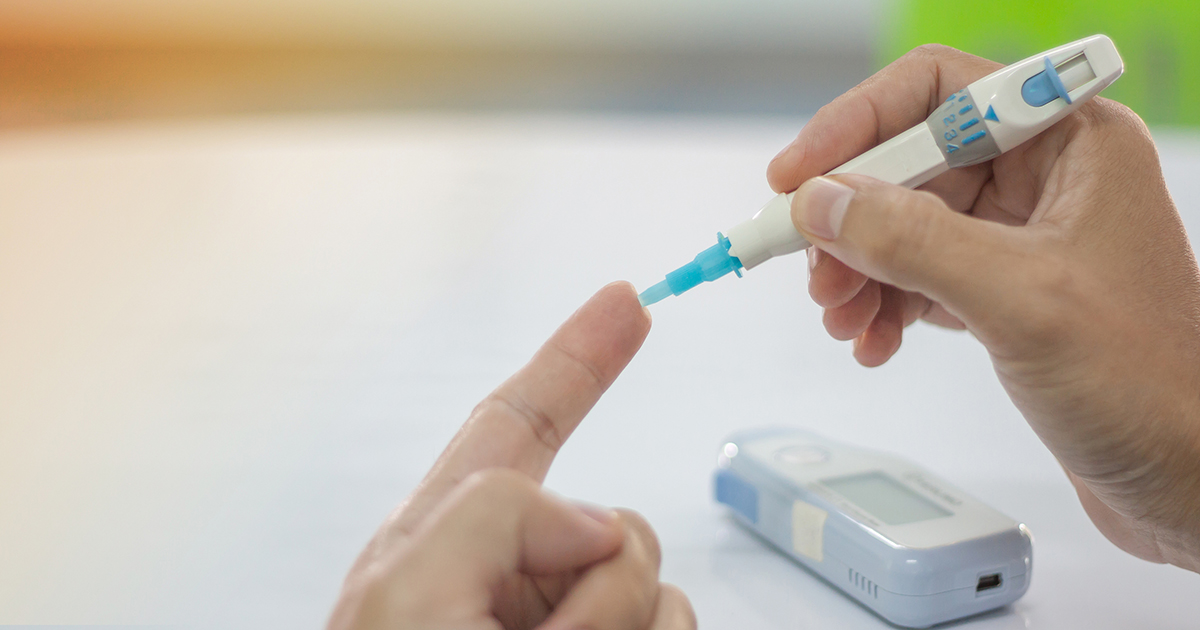What Causes Excessive Sweating?
Hypoglycemia

Hypoglycemia (very low blood sugar) frequently occurs in diabetes patients, and it is a recognized cause of secondary generalized hyperhidrosis. Some patients without diabetes may also experience isolated episodes of hypoglycemia, especially if they have skipped meals. Hypoglycemia is diagnosed if blood glucose levels are at 70mg/dL or below. Individuals with low blood sugar typically notice symptoms such as sweating, shaking, fatigue, anxiety, and heart rhythm irregularities.
If left untreated, hypoglycemia could progress to the point where the patient experiences blurry vision, confusion, abnormal behavior, seizures, or loss of consciousness. Non-diabetes patients who believe they are experiencing hypoglycemia should seek urgent medical care. Diabetes patients should begin home treatment by drinking juice, eating candy, or using glucose tablets or gel. Blood glucose levels should be checked every fifteen minutes. If normal glucose readings are not improving, patients should seek urgent medical treatment.
Generalized Anxiety Disorder

Generalized anxiety disorder affects an estimated 6.8 million individuals across the United States. This type of anxiety disorder involves excessive, constant worrying about aspects of daily life, and it is more common in females. Patients may notice feelings of nervousness, and they might feel an impending sense of doom. Possible physical symptoms that can occur in some generalized anxiety disorder patients include sweating, trembling, rapid breathing, fatigue, sleep disturbances, and gastrointestinal issues.
Patients can be diagnosed with this type of anxiety disorder if they struggle to control their worries for at least six months and if they also display at least three of the aforementioned symptoms. Treatment options for generalized anxiety disorder include counseling and medication. Joining an in-person or online support group is beneficial for many individuals with anxiety disorders too. It is also important for the patient to have a support system of family and friends; isolation could make symptoms worse.
